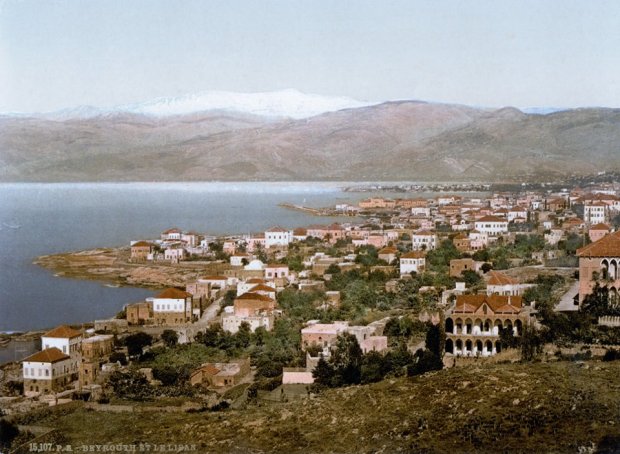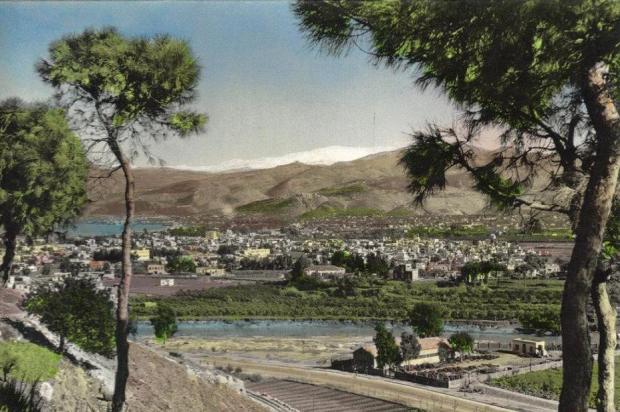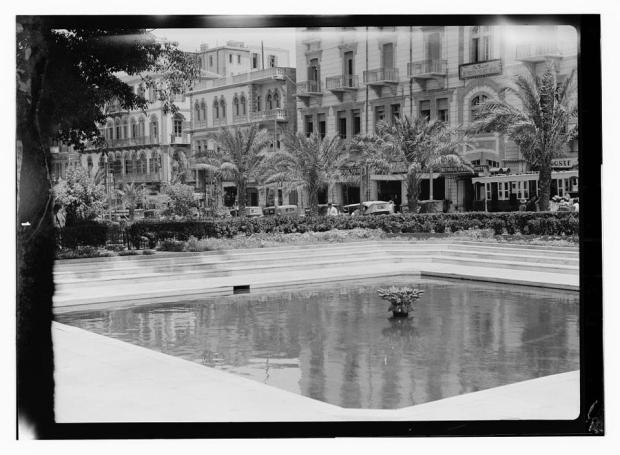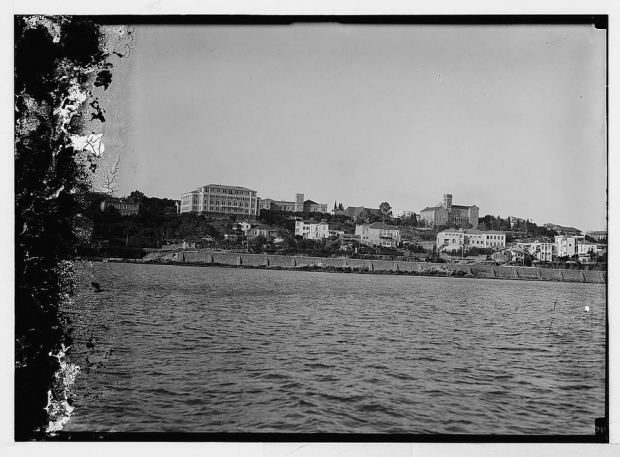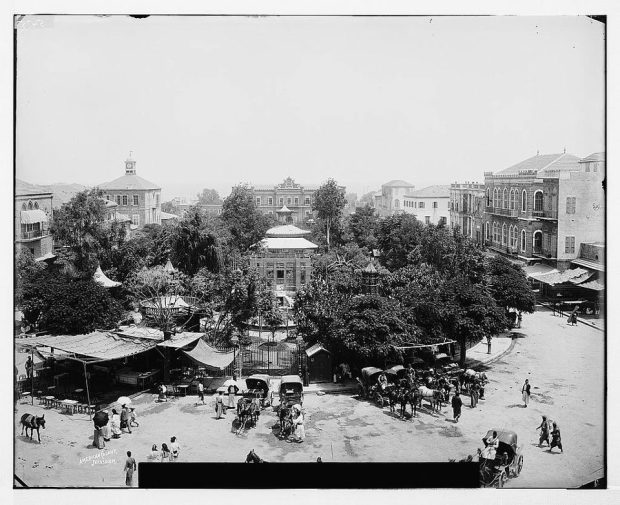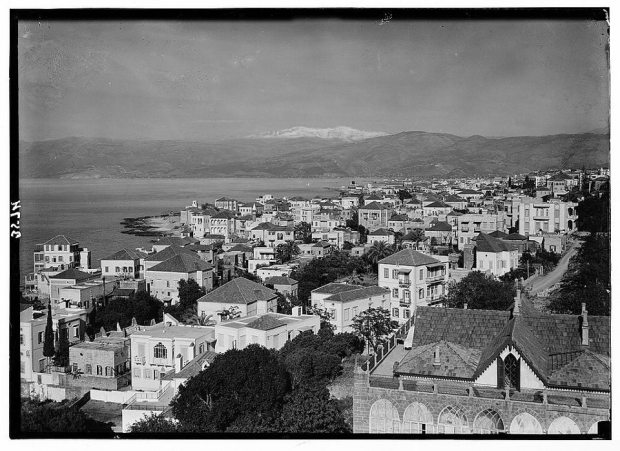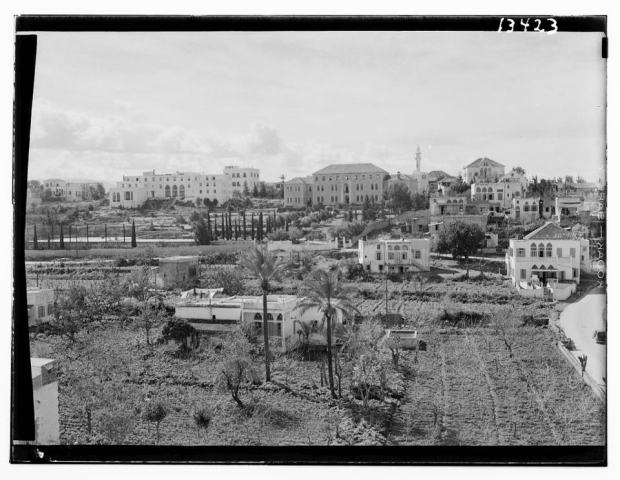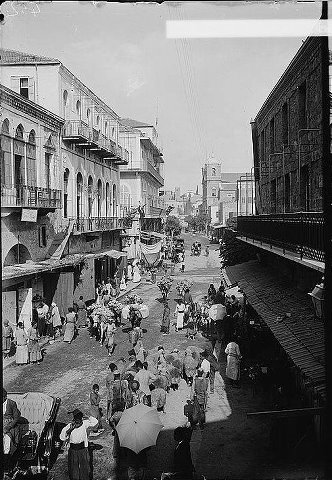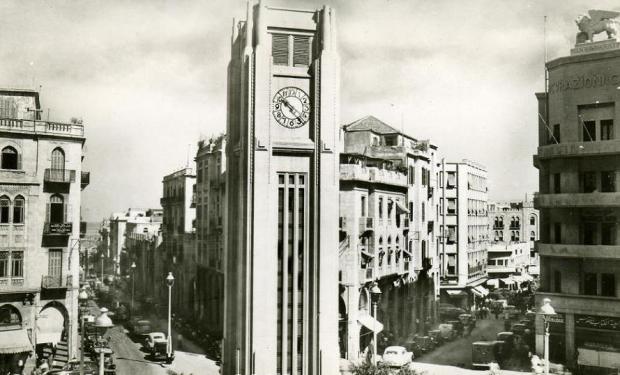The following is a guest post by an anonymous Lebanese woman.
I didn’t like my first time. Not because I was underprepared. Not because of the little pain I felt. Not because I didn’t feel pleasure after it. But because of what I thought people would think of me now that my hymen had been sloughed off.
I was 17 back then. Don’t faint. Yes, I was sexually active as a teenager. I’m 23 now. A lot has happened in 6 years.
I dumped my most recent boyfriend a while back. I had slept with him as well. Little did I know, however, that I’d get word that this so-called boyfriend was busy calling me a “whore” behind my back, letting everyone know about his exploits with me. He thought he had led me on. He thought I was so gullible I’d fall prey to his irresistible charm.
Time for a mini-vomit moment? Yes.
The thing my horrendous ex doesn’t know is that I wanted to sleep with him as much as he wanted to sleep with me. The thing I think most Lebanese guys don’t know is that we, Lebanese women, need sex as much as them. The only thing stopping us from pursuing it like they do is our fear from society turning on us.
“Chefto heide? Bento la flen? Eh heide charmou*a.”
I’m not afraid to walk around Hamra, my neighborhood, today with my head held high. I have nothing to be ashamed of. Who should be ashamed is every single person in Lebanese society who has no problem deflowering a girl or penetrating her, both literally and figuratively, and then pretend it was her fault for being receptive.
I have to ask those men busy calling women whores. Who are you sleeping with exactly? Dolls? Fleshlights? I rest my case.
For the women criticizing other women who sleep around, why don’t you do something useful instead? Like trying to get us into power, like trying to lobby against our current laws which are way more degrading to us than a reputation you think I’m forcing on you. Instead, you’re busy bringing down every other women who doesn’t fit into the conservative mold society has implanted in your head. I’m not judging you because of it. You have the right to be critical. But I’m pretty sure there are lots of things I can criticize about you. You don’t see me doing that, right?
People with glass houses shouldn’t throw stones.
Lebanese society, when it comes to sex, is slowly opening up. No pun intended. But we have a long way to go. No one has a problem admitting sex is a beautiful thing. And it sure is. But many have a problem acknowledging that people are actually having sex.
I spent last summer in Paris and it was one of the most liberating experiences of my life. I wasn’t afraid of what people would think of me if I had a little more than I should to drink at a pub. I didn’t care about what some guys would think if I was obviously hitting on them. I didn’t think what other girls would think about me being happy on a Saturday night.
I do that in Lebanon too.
But the thing is, the girls and guys of Paris didn’t care as well. Their equivalent in Lebanon would be eyeing me either as a potential prey or as a threat. Take your pick.
I recently read an article on NowLebanon by Angie Nassar titled “A Culture of blame” and while I believe her analogy between what happened with Myriam Klink and NewTV’s Ghadi Francis is a little far-fetched for my taste, I have to say that the most poignant point is made early on:
If a woman steps outside the strict boundaries of behavior prescribed to her, she faces communal rejection, stigmatization, violent assault (as in the case of Francis), and even death by way of “honor killing.”
The sad thing is that everyone’s participating in painting the box that women are allowed to be free in: the men, the women and our media.
For example, when it comes to the Myriam Klink incident, no one had a problem rejecting Nemr Abou Nassar for calling her a whore. Her song is sexually suggestive? Of course. But what right does that give anyone for calling her a whore, regardless of how “obvious” you might believe that is?
When it comes to the Ghadi Francis incident, if the SSNP – horrible as that party may be – had beaten up a man, wouldn’t that have caused a bigger stir than the basically irrelevant ripple that the Francis incident caused?
When it comes to everything in our society today, don’t you find that there’s a flagrant double criteria applied to women, the most simple of which is the issue of sex? Men are allowed to have sex. Women are not. If men become promiscuous, then they are deemed as studs. If we fool around, then we are whores.
People tell me that I need to appreciate my body and not let it defiled in the way that I think should be permitted. But I have to ask, what business does my body have to do with you? Isn’t this my skin, my muscles, my face, my breasts and – gasp – my vagina? Don’t I own all these things? Aren’t they the byproduct of my parents having sex to bring me here? Aren’t these my property and no one else’s? Don’t I get to do anything I want with something I own as long as it doesn’t hurt you?
I don’t see how me having sex is hurting you.
I don’t see how me having sex can be hurting anyone.
I don’t see how me having sex should elicit any response apart from the question from my girlfriends “so how was it?”
Sadly enough, getting to that point is still so far that the questions many of my girlfriends as me today is “how could you? After only the first date?”
Perhaps I’m a little hasty and upfront. Perhaps I should be a little slower. But the whole point is the reputation of Lebanon doesn’t rest on my body. Stop making it seem as if me having sex is hurting our country indefinitely. Stop making it seem as if the whole Lebanese situation rests on my hymen. Stop making it seem as if the whole solution of the sectarian system is contingent upon me being forever untouched. Stop making it seem as if being a good person can only happen with me not spreading my legs – ever – except for my future husband. Stop making it seem as if the only interaction men would want with a girl like me is to get into my pants. Not gonna happen.
If me spreading my legs for you will make you go all conservative on my reputation behind my back, then let me tell you something quite honestly. It’s going to be you and your hand every single night.


